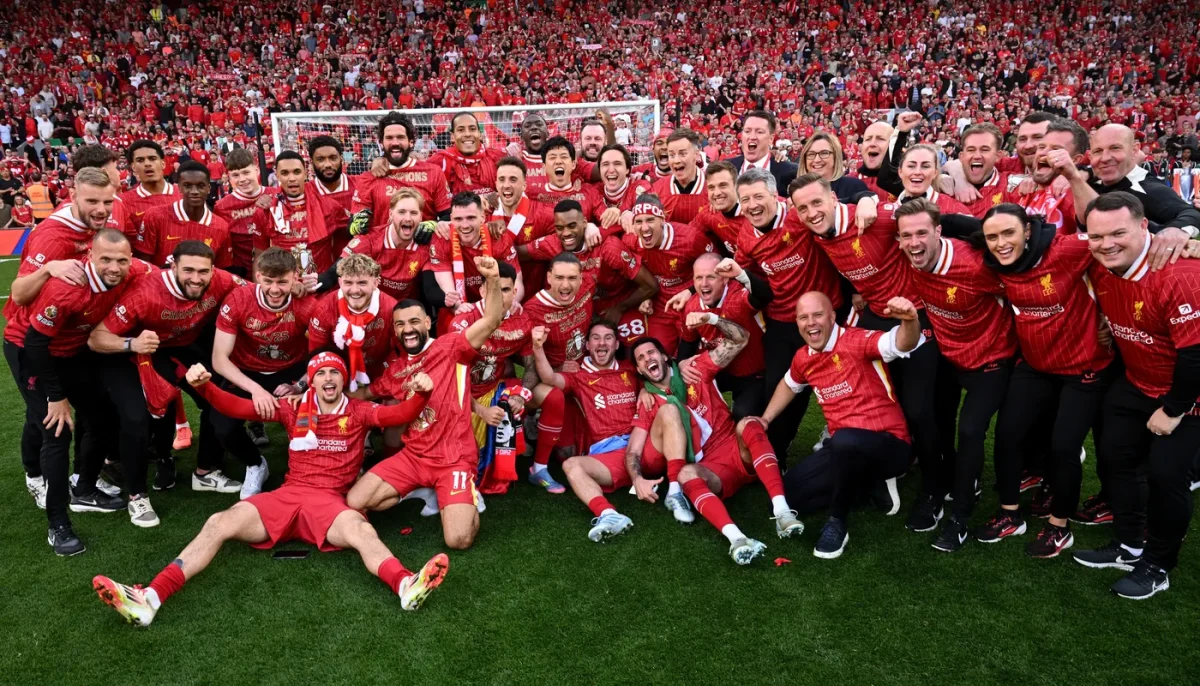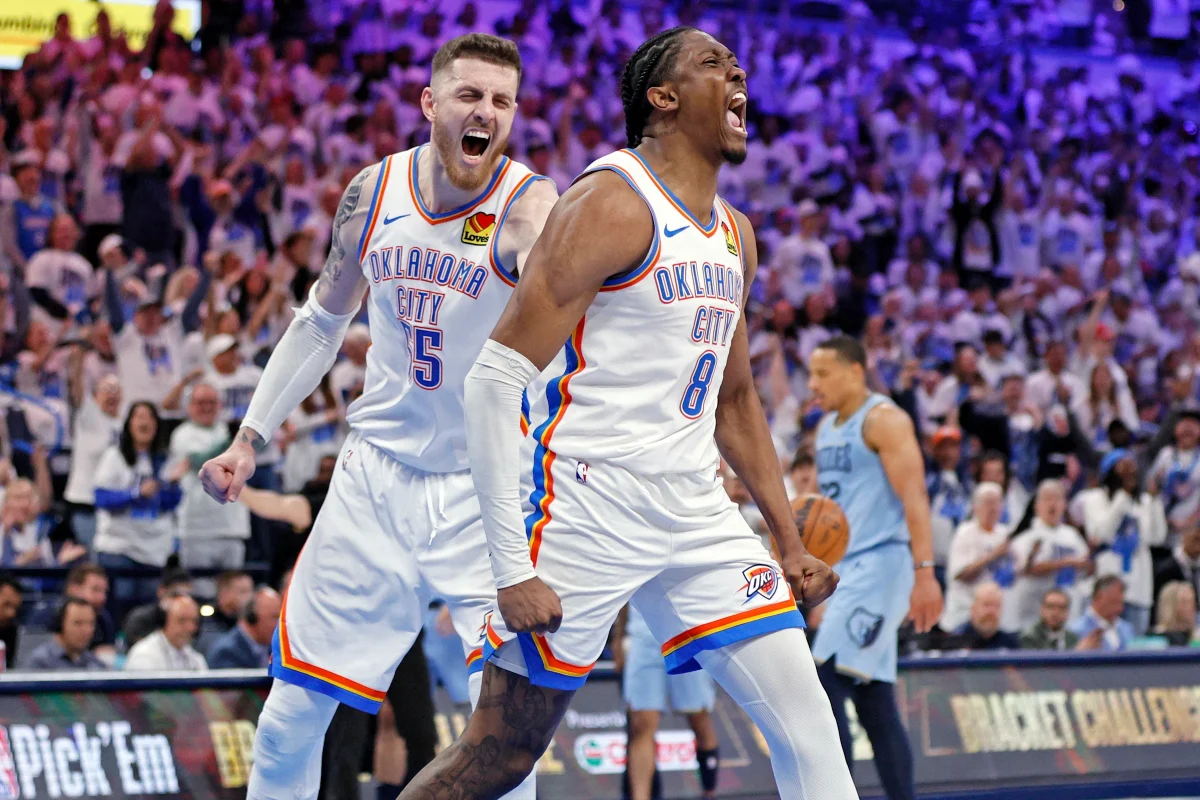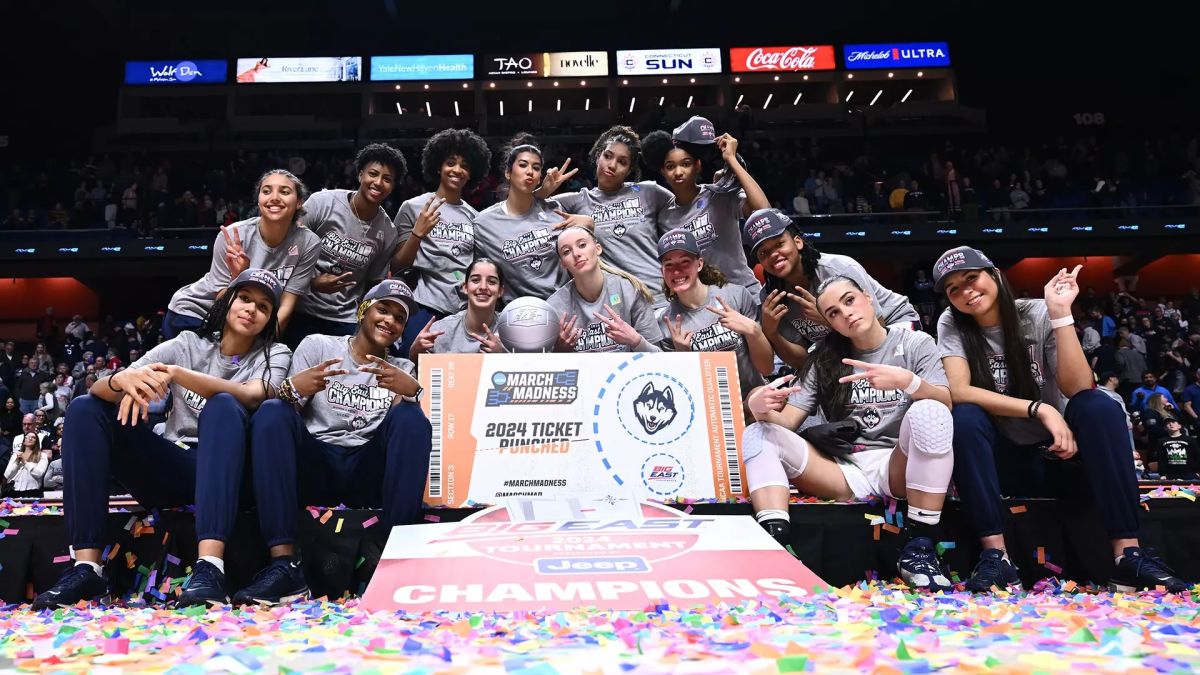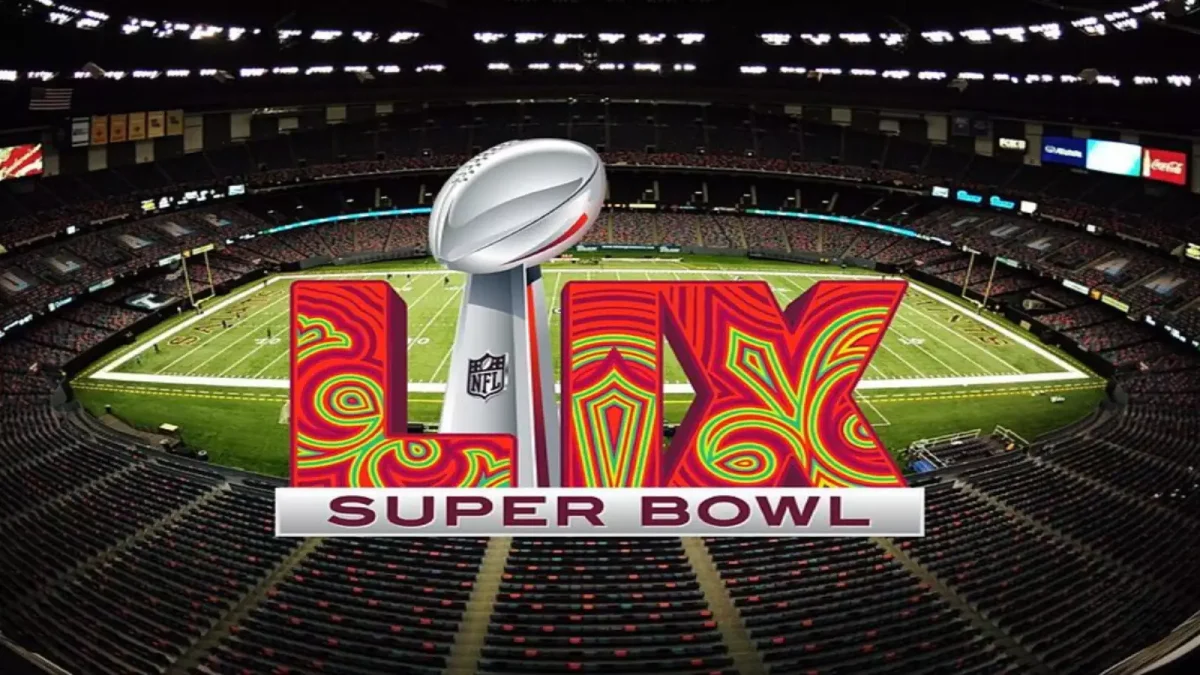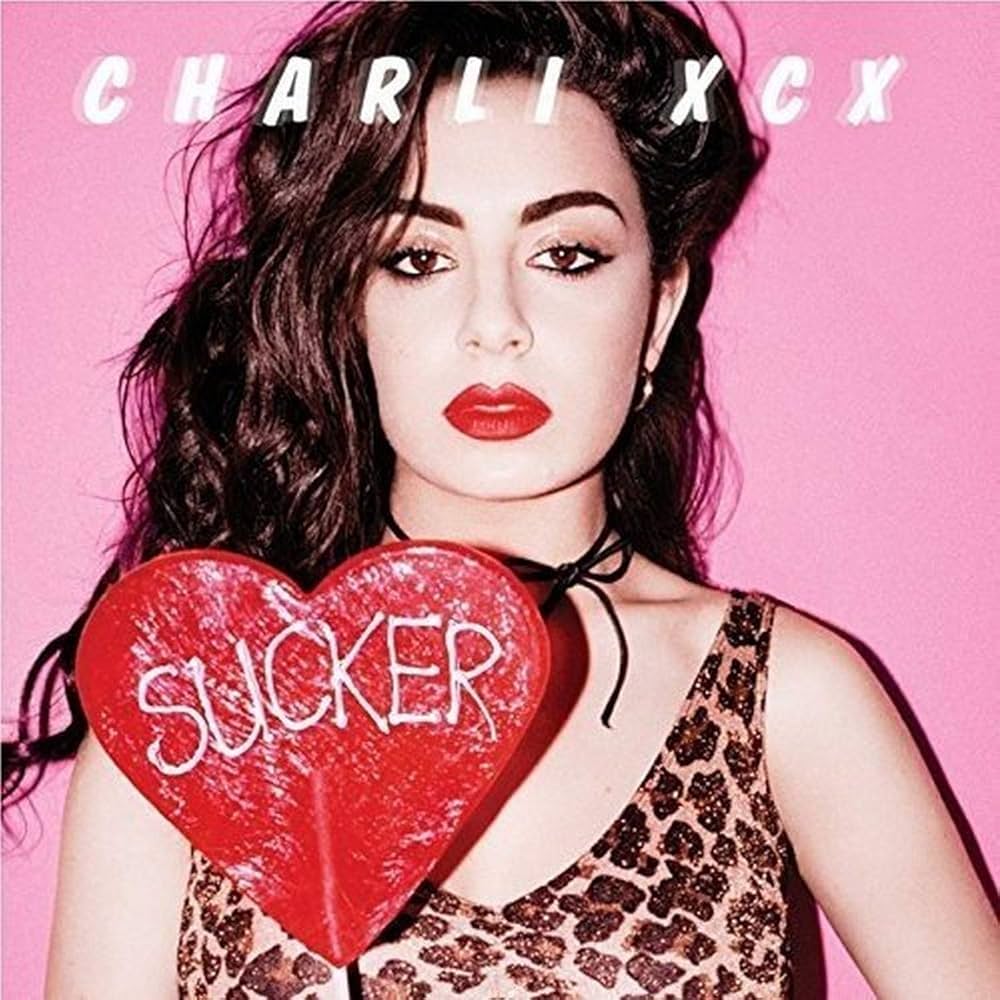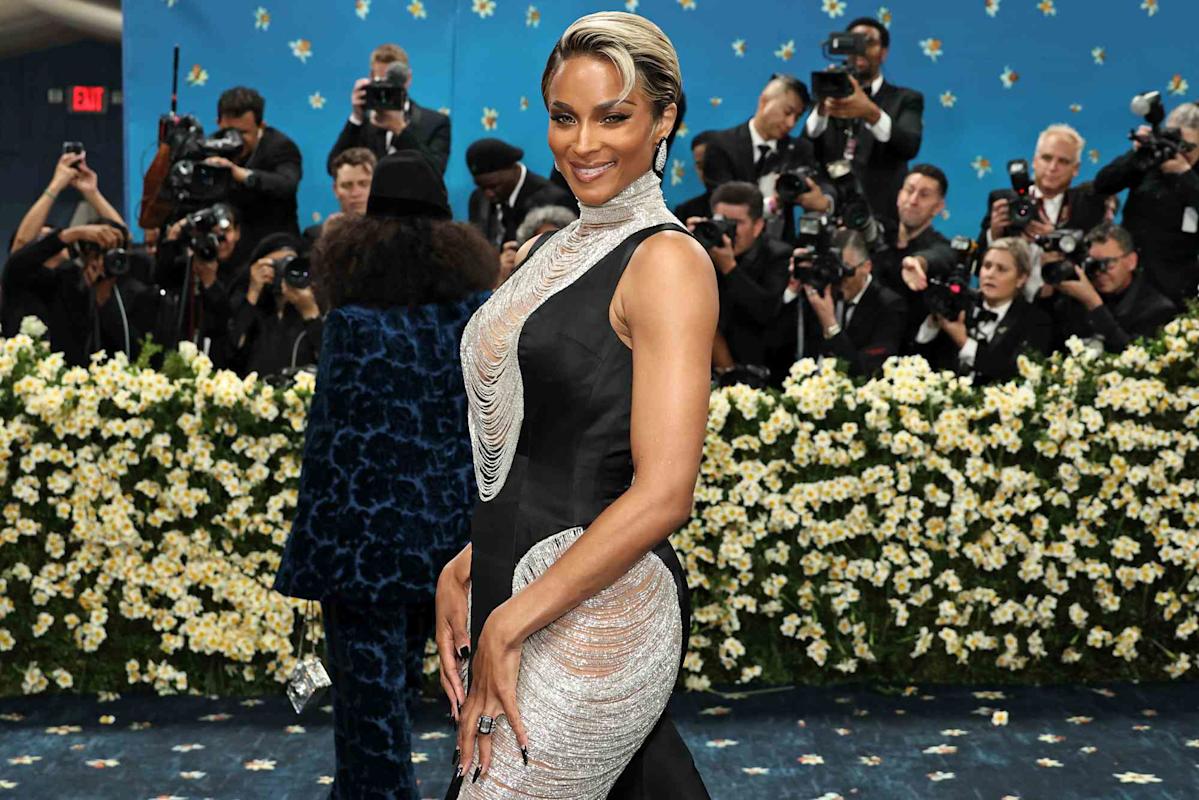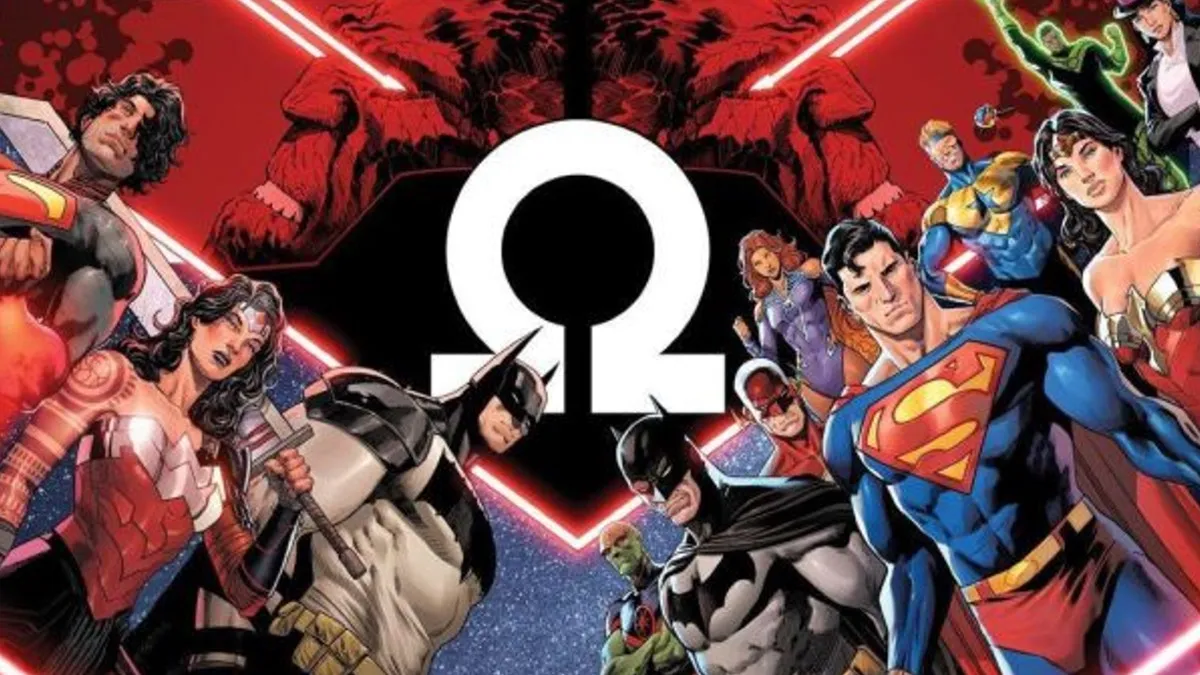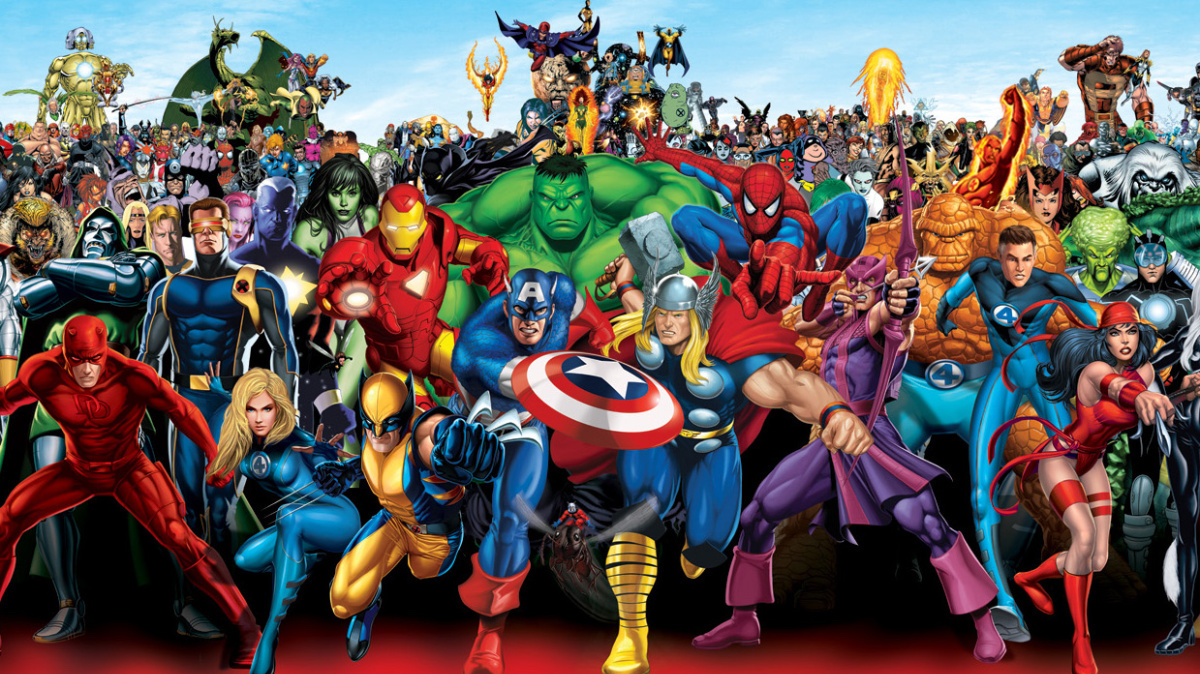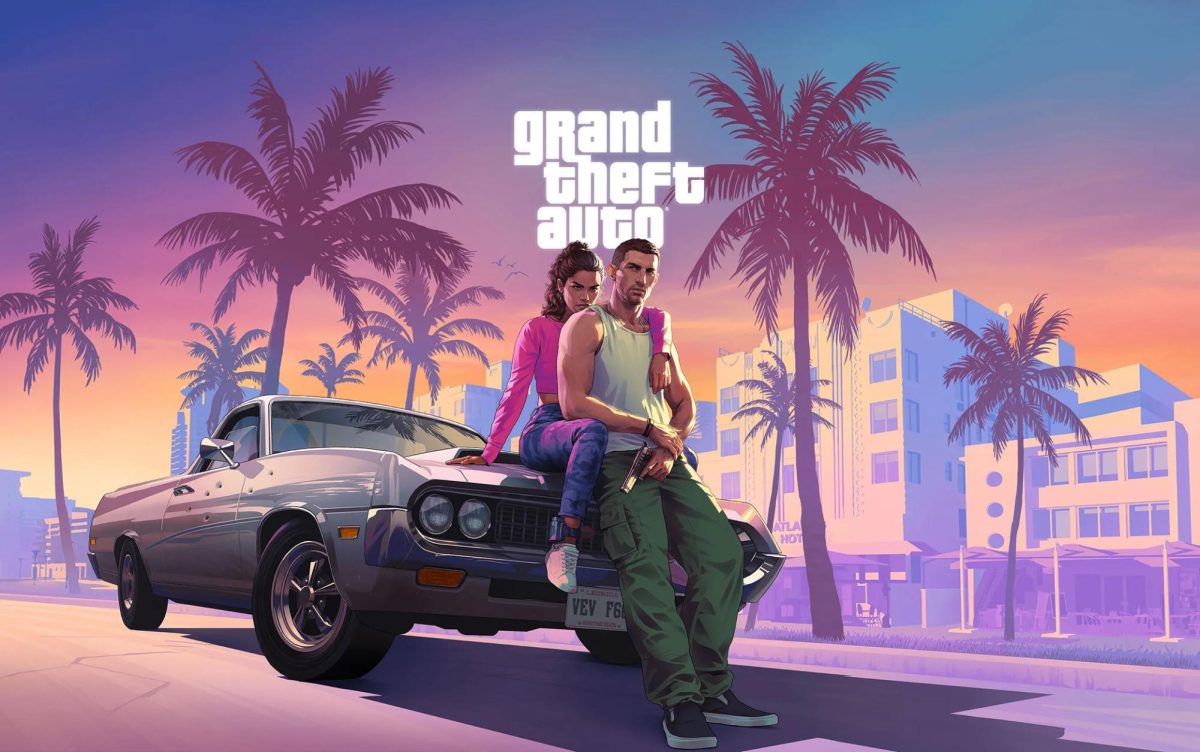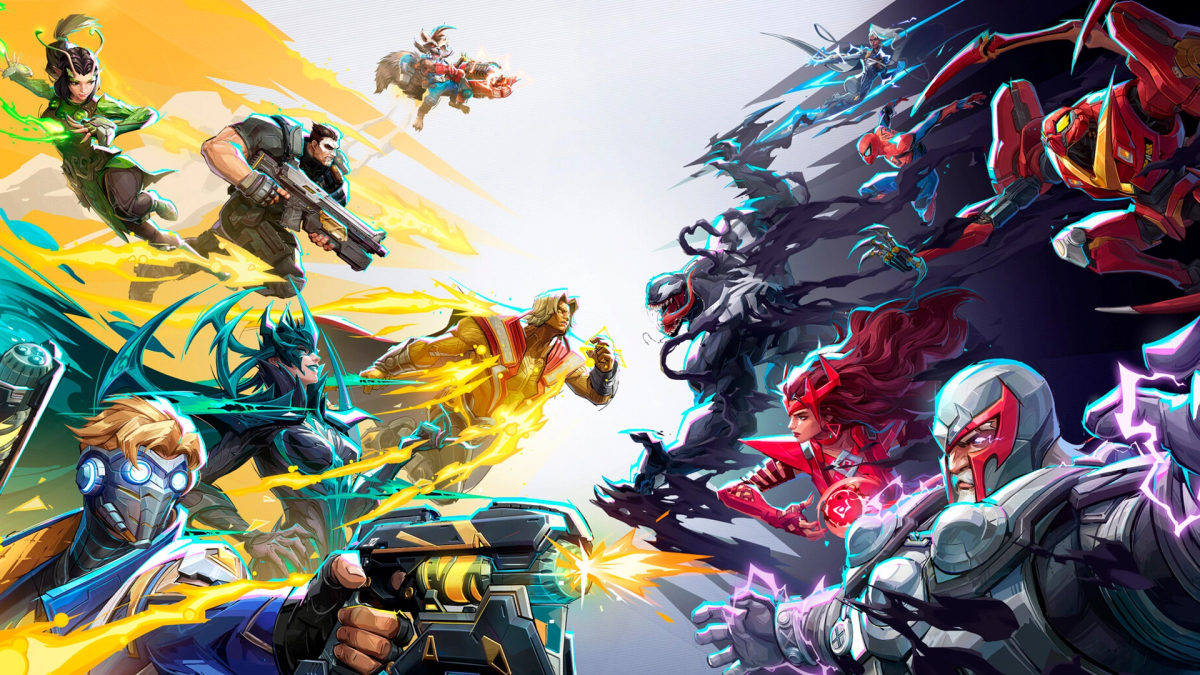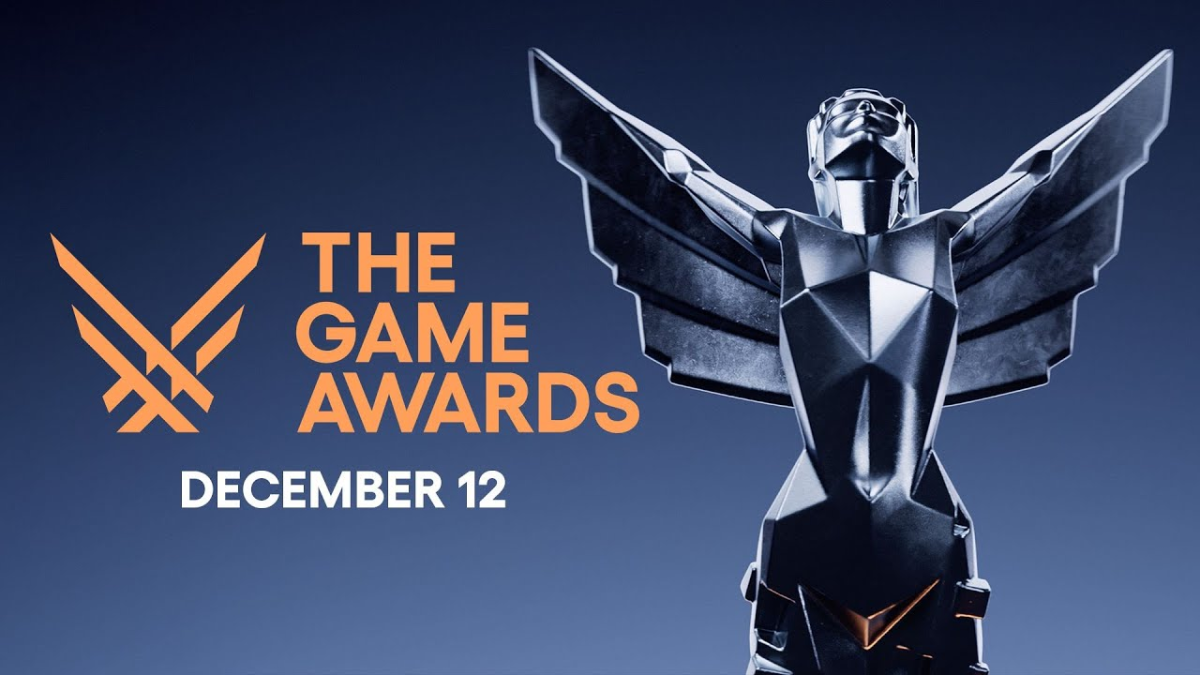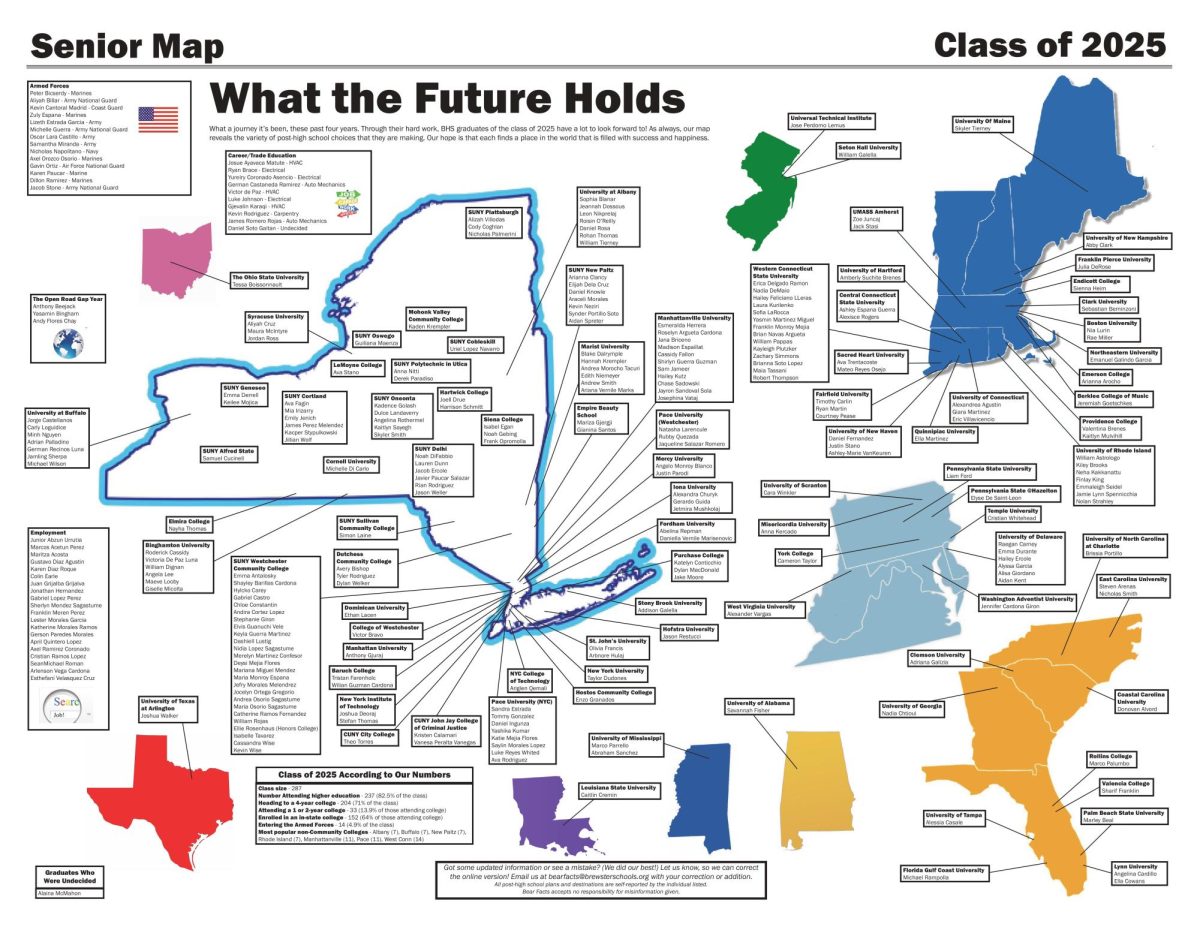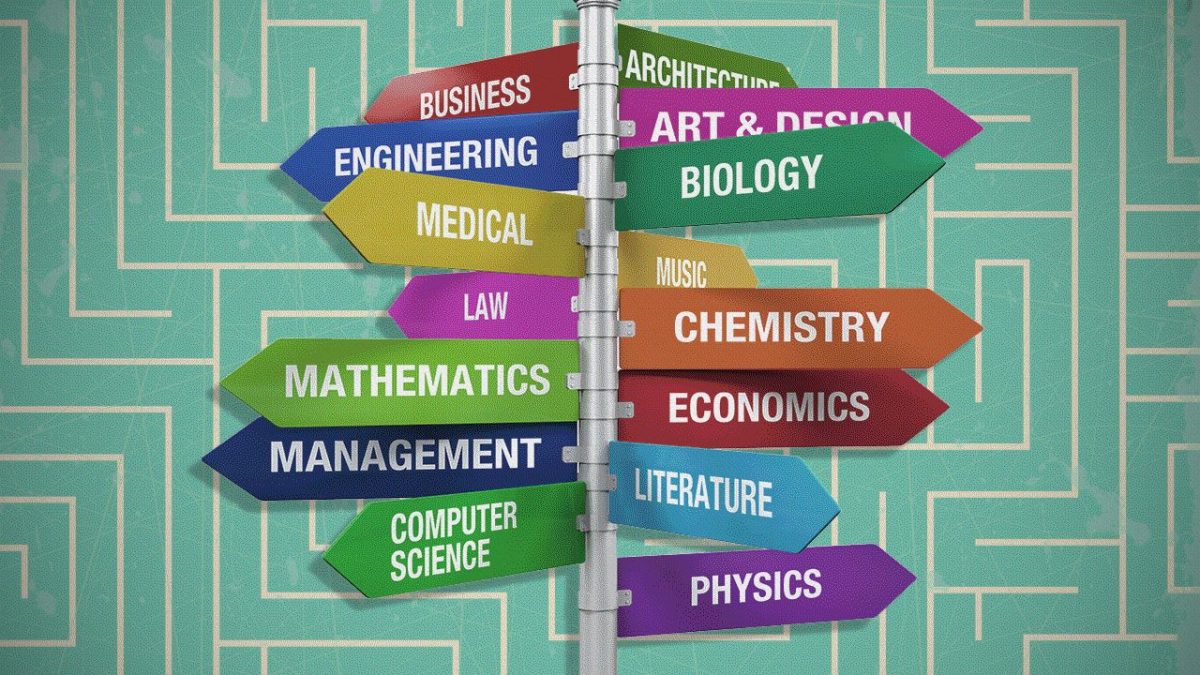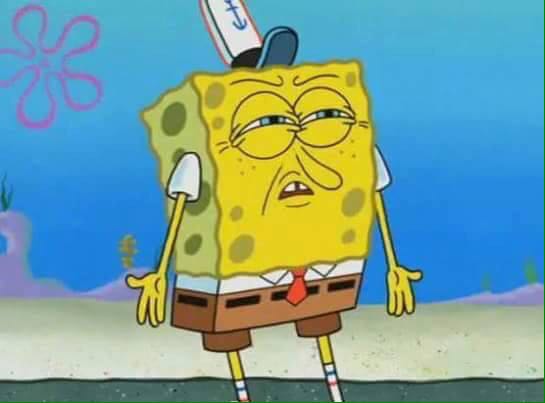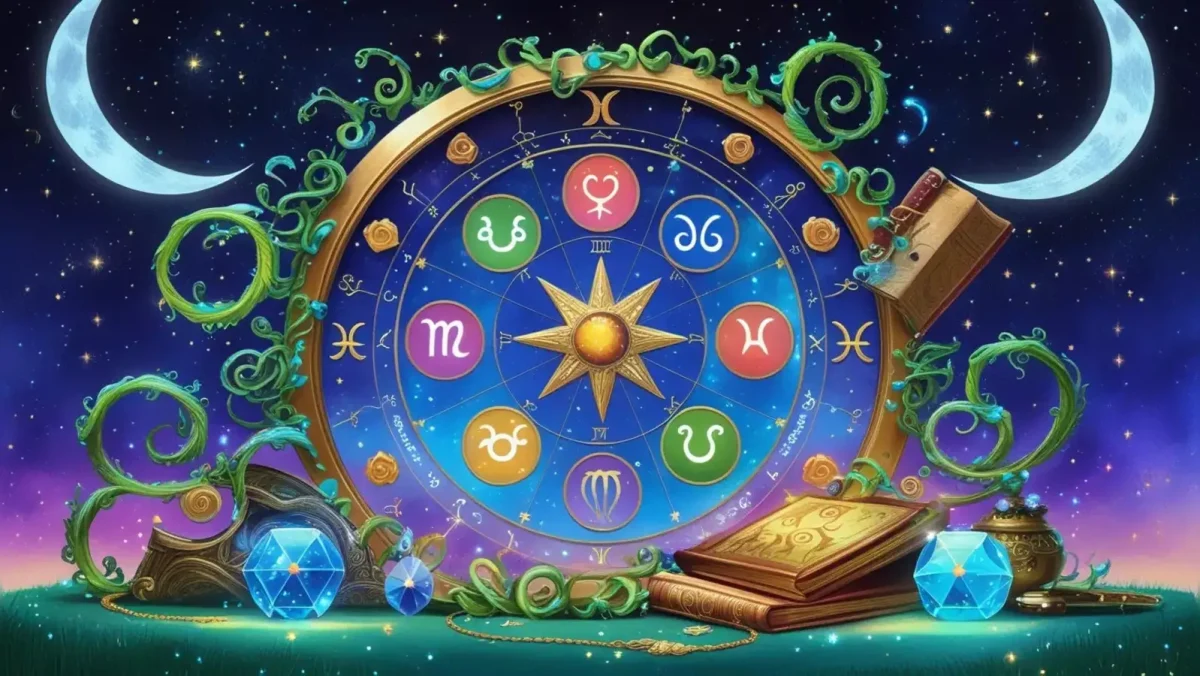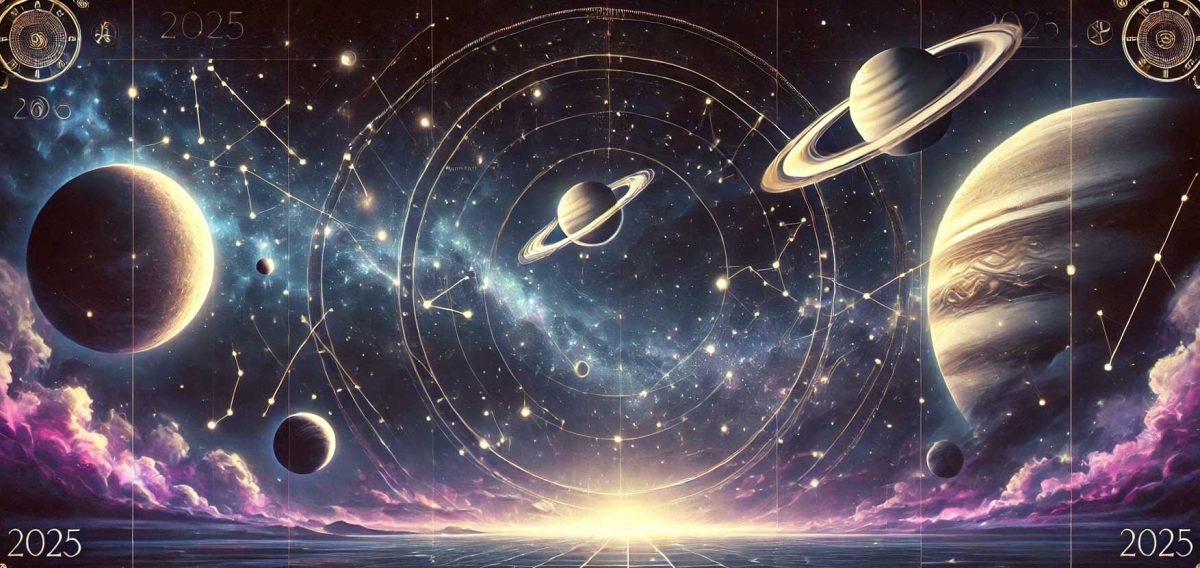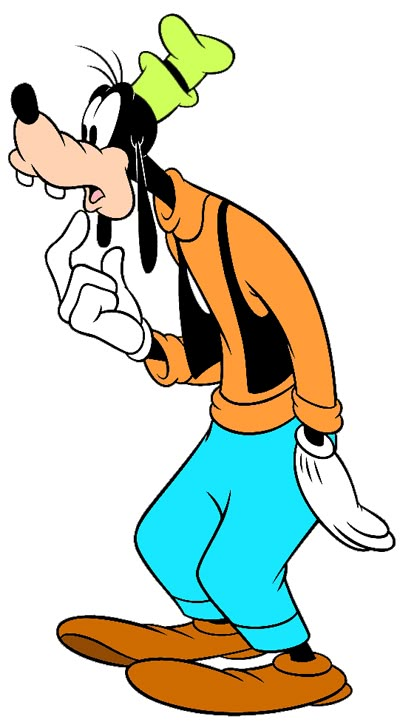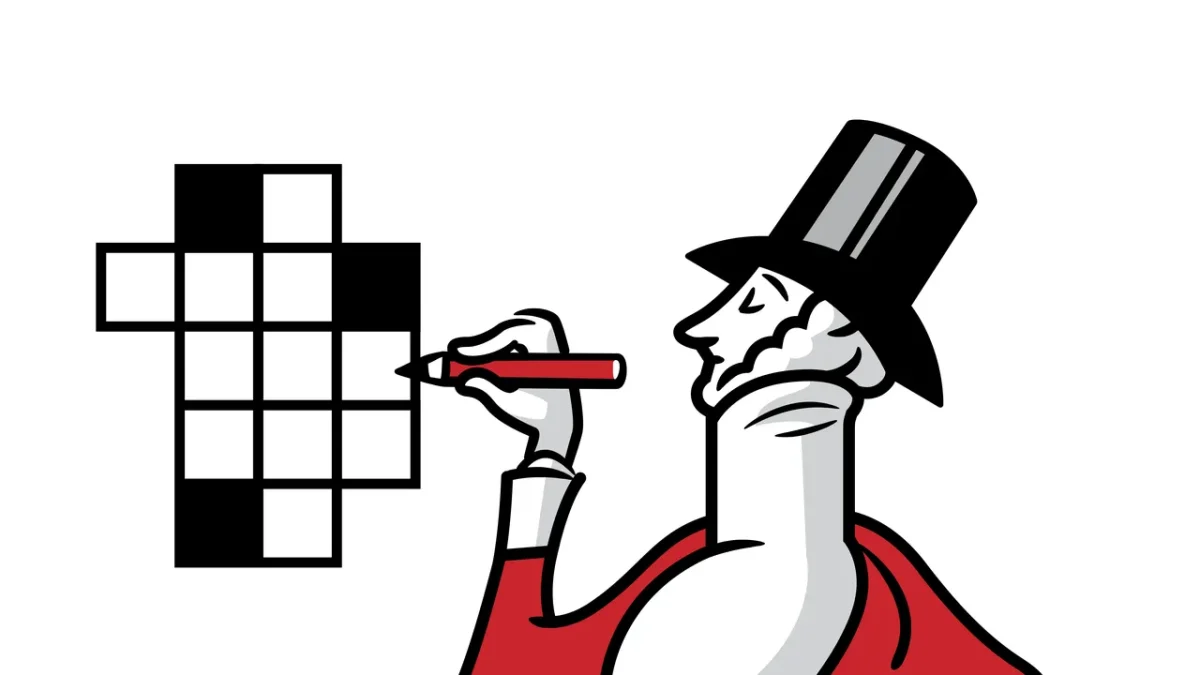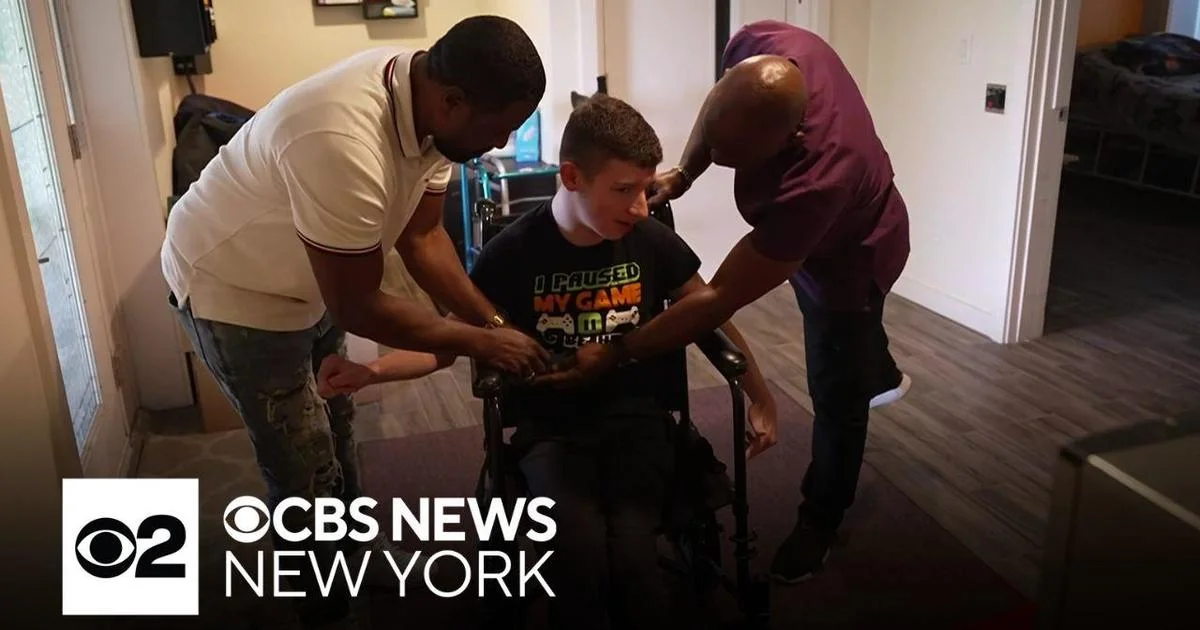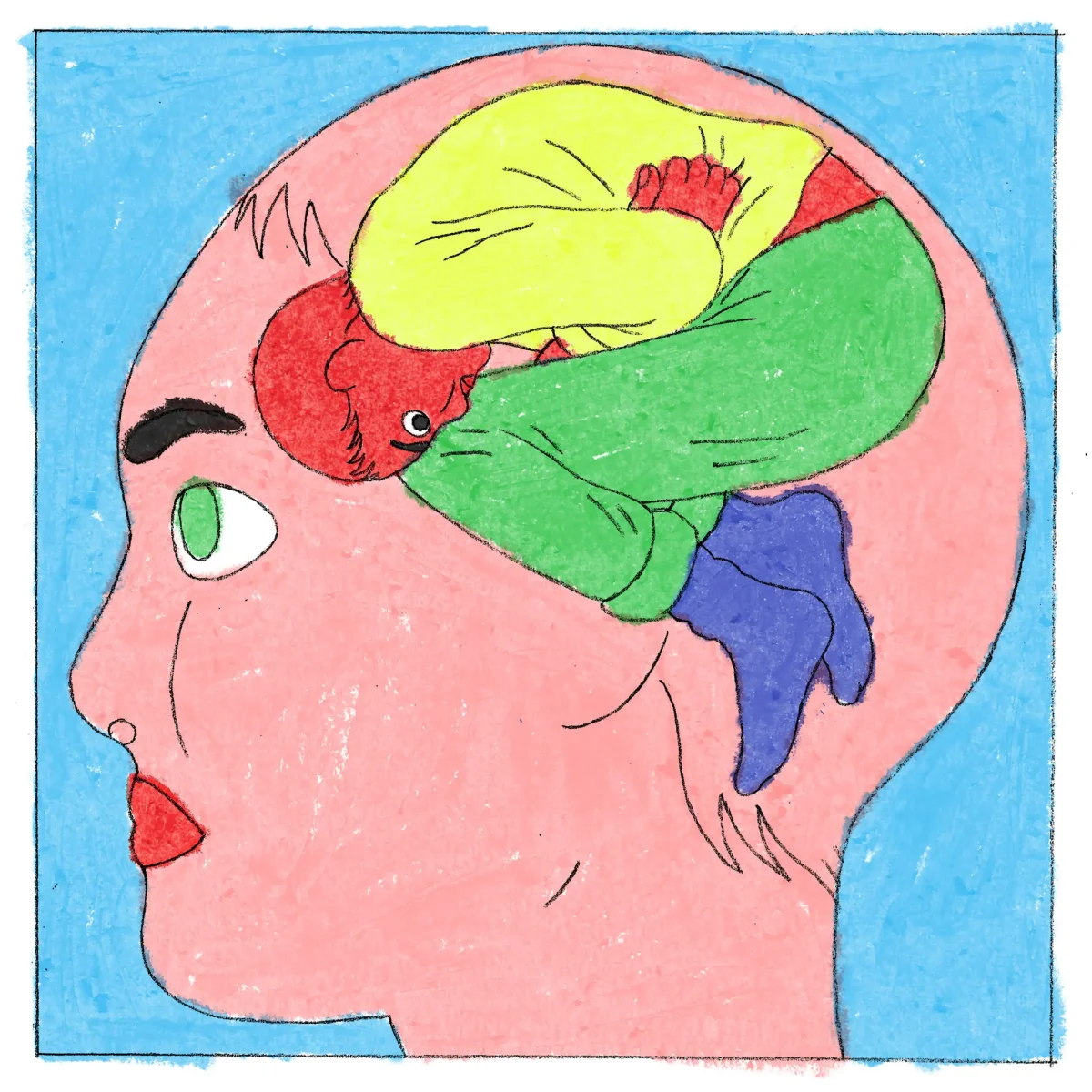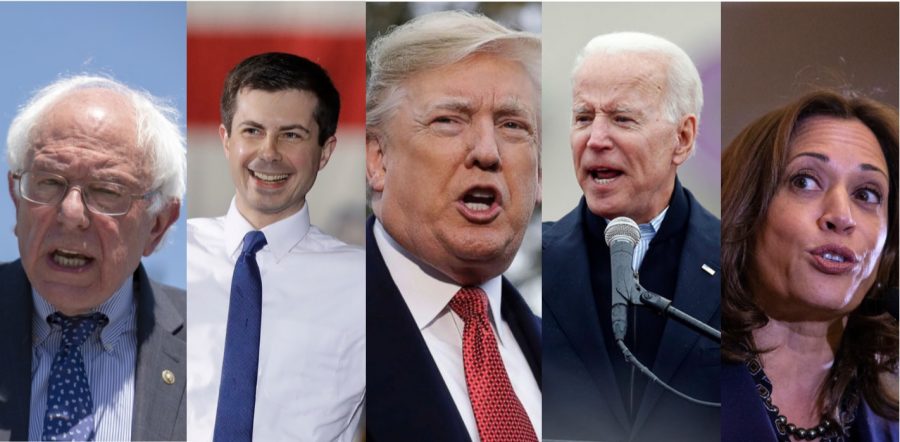It’s Getting Hot and Crowded in Here: Your 2020 Presidential Contestants
It’s a crowded race, indeed! In addition to some Republicans from his own party challenging the sitting president, the Democratic race is heating up, with dozens of potential candidates. Who will emerge from the pack and become the Democratic hopeful? Will Trump be taken down by someone from his own party? Time will tell.
May 3, 2019
Since the 2016 election, the tone in the United States has been more hostile on both the left and the right, with seemingly no one agreeing on anything. Now, with the 2020 election soon arriving, people are more riled up than ever, and looking to make their vote count, whether they are voting Democrat, Republican, or Independent. Let’s take a look at some of the official candidates for president, and some people who are highly speculated to run for president.
REPUBLICAN PARTY
The Republican Party has shown a split within the last three years. Although there are many supporters of Trump within the Party, there is a significant amount of disapproval in both the House and Senate, with this disapproval paving the way for people to run for the Republican nomination for 2020. However, it is worth noting that Trump has denounced those who plan to run against him, and from early polling, it does seem like he will win the Republican nomination once again. But if there is anything that was learned from the 2016 election, it is that polling is not always accurate. President Trump has been saddled with many scandals while in office, and although he is the current president, there are countless Republicans who dislike his agenda, and want to see a new face of the Republican party, particularly younger Republicans. The Republican nomination will mean different things for Republicans everywhere—for some, it will mean maintaining the legacy of a president who has proven them well—but for others, it will be an effort to rebrand the Republican party in a more traditional vision. However, since no one besides President Trump has announced a run, I am simply including a few candidates who are speculated to run.

Donald Trump has been our president since 2017 and does plan to run again in 2020 with Mike Pence as his VP. Since his election, he has maintained a significant amount of support, with many of his supporters regularly attending rallies, and although there is some disarray among Republicans in office, the majority of registered Republicans like and support President Trump, making it likely that he will secure the Republican nomination. However, with tumultuous ratings, it is not definite that he holds the support he needs to secure the presidency, although the support he does hold is very strong and vocal. As far as his views go, President Trump focuses primarily on his foreign policy shown through the past two years as president, and does act as both a social and fiscal conservative in at least some regard, although not in the traditional manner of a typical Republican president
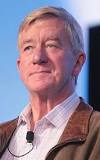
Bill Weld is the former Governor of Massachusetts, and being the governor of a liberal state means he holds views different than the typical Republican. As a former member of the Libertarian Party, he was the running mate of Gary Johnson, a ticket which to this date has gotten the highest votes of any independent party ever, at 4.5 million. Weld holds fiscally conservative views, and socially centrist views, differing from the majority of Republicans on the latter issue. Weld has not formally announced that he is running but it is likely that he will, due to the fact that he has formed an exploratory committee.
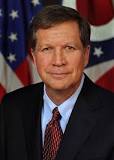
John Kasich is the former governor of Ohio, and likely the most traditional Republican on this list. Kasich ran for the Republican presidential nomination in both 2000 and 2016, losing both times. He is one of the most outspoken critics of Trump, even refusing to attend the 2016 Republican National Convention due to his dislike of Trump, despite the convention being held in his own state. He has not formally announced that he will run for president, but he is likely to, seeing as he has expressed interest within the last 6 months.
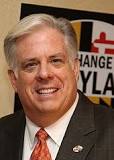
Larry Hogan is the Governor of Maryland, a traditionally Democratic state. Hogan is, by all meanings of the word, a centrist. He has regularly voted with more left-wing social policies such as immigration, LGBT rights, and abortion, but he has maintained fiscal conservatism in his years as governor. Similar to John Kasich, Hogan publicly denounced the nomination of Trump, and even did not announce support for him, and was additionally one of four Republican governors to sign a letter opposing Brett Kavanaugh’s nomination as a Supreme Court Justice without an investigation. Hogan has said he has not yet ruled out a 2020 bid, but is not sure if he will actually run.
**Since there are not many confirmed runs from the Republican Party, there are more Democratic nominees in this article.
DEMOCRATIC PARTY
Since the 2016 election, it is quite obvious that there has been a strong shift to the left in the Democratic party, with self-proclaimed Democratic Socialists such as Alexandria Ocasio-Cortez and Rashida Tlaib taking congressional offices. This isn’t to say that everyone is in support of this shift though. The Democratic Party was initially, (and is still) campaigning as a center-left platform—not too far to the left, but not at all to the right. Many people, including the majority of Democrats in Congress, still hold this view, although there still exist a significant number of people who are embracing this shift to the left. However, although the platform each candidate chooses to run on is important, strangely enough, it is not the most important thing in this election—that would be electability. Electability is the ability for a candidate to be elected. For example, although not all Democrats would call themselves liberal, if a liberal candidate was shown to have a strong hold on their platform and have the ability to win the election over the current president, a Democrat might vote for them. There are countless factors at play here for the Democratic Party’s nomination, but to go over all of them would be fruitless—so with that, let’s go over the candidates! There are many candidates in the running for the Democratic nomination, so we will go over the more prominent ones, along with a few who serve as an example as to what this election truly means for the Democrats.

According to nearly all early polls, Joe Biden is in the lead to win the presidential nomination for the Democratic party. A senator for nearly forty years, and a former vice president for eight years, Biden has a very strong resume to get the job of president. He leads nearly every poll and is hailed as a centrist icon. However, with allegations of “inappropriate touching” coming to light, his electabilty may be questionable. Biden has apologized, but many regard his apology as fake and ingenuine. Biden may likely split the Democratic party even further, between those who choose to vote against him based on these allegations and his political agenda, and those who will vote for him regardless of these two factors.

Bernie Sanders is not a newcomer to running for president, as seen in 2016. He maintains the Democratic Socialist platform that he ran on in 2016, but it seems that Sanders has gone even further left than before, proposing ideas such as voting rights for all people, inside and outside of jail, including violent offenders. These ideas are what get Bernie Sanders his strongest support, and his strongest opposition, because although his ideas may be considered radical, he embraces this type of terminology. Sanders is currently second in polling, behind Biden. Although he has the support of many significant people such as journalist Shaun King, he is still opposed by many people in the Democratic Party, as he serves Congress as an independent, but runs for the Democratic nomination. As far as electability goes, Sanders is electable, but due to his far-left policies, he has very split support in the Democratic Party, similar to Joe Biden.
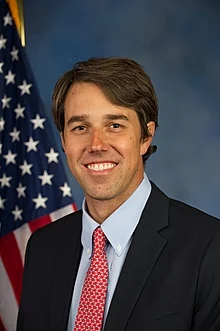
Beto O’Rourke is currently tied for 3rd in polling with Kamala Harris, and is a former Congressman from El Paso, Texas. O’Rourke made headlines last year when he ran against the incumbent Ted Cruz for the position as Senator of Texas. Nearly winning in a deep red state as a Democrat is no easy feat, and O’Rourke gained national support through this campaign, enough support that when he announced his run, he raised $6.1 million in the first 24 hours. However, although O’Rourke has this support, he has not maintained attention since he has announced his candidacy, and his support has somewhat waned towards other younger politicians such as Pete Bettigieg. He has also fallen behind in fundraising, with Sanders and Kamala Harris leading fundraising. If O’Rourke wants the nomination, it is necessary for him to start putting in more work.

Kamala Harris is the junior US Senator from California, and evenly polling with Beto O’Rourke for 3rd right now, although she has fund-raised $12 million, the most of any candidate so far. A former California attorney general, Harris has been a rising star in the past few years, but has been described as elusive by many, since during her years as Attorney General, she never attempted to reform laws relating to drug possession or the death penalty. Harris’ past, perhaps more than any other candidate, has been criticized, maybe even more than Joe Biden. However, Harris still has maintained a strong source of support from her polling, to her more centrist policies, to her reliance on the facts for this campaign. One of the front-runners in this campaign, Harris has shown to not back away from this criticism and addresses it to a further extent than other candidates, so it will be interesting to see how she performs in polls to come. If Harris was to win, she would become the first woman in office, as well as the first Asian American in office, building a stronger basis for her election.
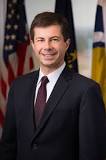
A few weeks ago, no one really knew who Pete Buttigieg was. But now, Pete Buttigieg has shown a massive insurgence in the polls, going from 2% to 8%, and gaining more media attention. The mayor of South Bend, Indiana, and a former Naval Officer, Buttigieg has been awarded honors such as Mayor of the Year, and although he is the youngest on this list, he is not quite so inexperienced, serving as mayor for the last 8 years, and serving as a Naval Officer for 8 years, as well. Buttigieg is similar to Beto O’Rourke as he is one of the more center-left candidates on this list, but he still holds a strong amount of liberal support as he is the first gay person to run for a presidential nomination, and is further left on social issues.
In the end, it is impossible to tell who will win the nomination for each party, but nevertheless, it will be interesting to see how it pans out in the next few months.





